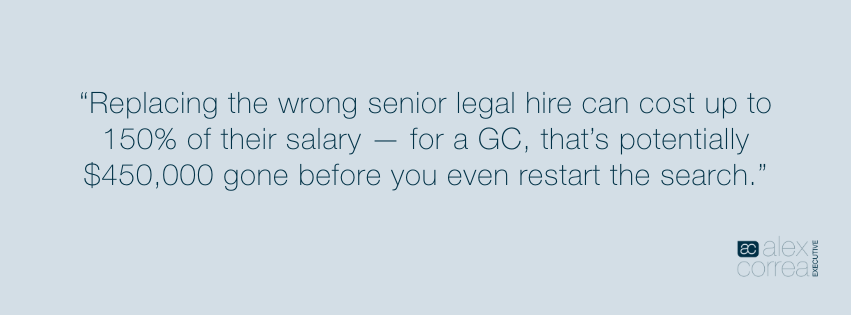
What Does a General Counsel Do in Australia Today?
When I first started working in legal recruitment in the early 2000s, the role of General Counsel was often misunderstood. Although they were the key influencer and client gatekeeper for legal services, GCs were sometimes unfairly seen as the lawyers who “didn’t cut it” in private practice. Many operated as legal managers in title only — often a team of one — tasked with managing contracts and keeping the business compliant, but rarely viewed as a strategic partner to the executive.
Back then, the skillset most in demand for a GC was corporate law and M&A experience, reflecting the transactional focus of the time. Fast forward to today, and the role has evolved dramatically. In Queensland’s corporate landscape, the modern GC is a strategic business leader — trusted to shape corporate direction, manage complex risk, lead governance and compliance, and often oversee broader portfolios such as People and Culture or ESG.
I’ve seen this transformation first-hand through the hundreds of senior in-house placements I’ve made:
- A sizeable Japanese company with a household brand name — We placed a General Counsel who has had a significant impact on their Australian operations. Their influence and leadership were so valued that they were later appointed to the executive portfolio of People and Culture, embedding legal thinking into organisational culture and strategy.
- A major infrastructure and transport business — Their newly appointed GC, sourced through ACE, played a central role in steering high-stakes negotiations on multi-billion-dollar projects while also building an in-house team from scratch, reducing reliance on external legal spend.
- A leading renewable energy company — We placed a GC who became a core member of the executive team driving the business’s transition strategy, overseeing legal, governance, and ESG functions to align commercial goals with regulatory requirements.
These examples reflect a consistent trend: today’s GCs are not just legal advisors — they are strategic leaders who can influence operational, cultural, and commercial outcomes across the business.
Skills Needed for a Modern General Counsel
The responsibilities of today’s GC can include:
- Strategic decision-making — advising on mergers, acquisitions, and market expansion.
- Enterprise risk management — balancing legal, regulatory, and reputational considerations.
- Leadership of multi-disciplinary teams — often overseeing governance, risk, compliance, and sometimes HR or ESG functions.
- Cultural influence — embedding ethical practices and supporting diversity, equity, and inclusion at the highest levels.
This shift requires a GC who blends
commercial acumen with legal expertise, has strong influencing skills, and can translate legal risk into actionable business strategy.
Building the Leadership Pipeline: The Deputy General Counsel Advantage
The best-performing corporate legal functions don’t just focus on hiring a GC — they also invest in a strong Deputy General Counsel (DGC) or equivalent senior legal leader.
The DGC role is vital for:
- Allowing the GC to focus on board and executive priorities.
- Leading high-value projects independently.
- Acting as a conduit between the GC, the wider team, and other business units.
- Ensuring leadership continuity during GC absences or transitions.
Our experience has shown that when a GC is supported by a capable DGC, both the legal function and the organisation benefit from greater agility and resilience.
How to Hire a General Counsel in Brisbane’s Competitive Market
When hiring a GC, the title and position description should accurately reflect the scope and expectations of the role. Misalignment here can lead to:
- Attracting candidates with the wrong skill level.
- Internal confusion over responsibilities.
- Difficulty justifying salary and benefits to the board.
It’s also important to remember:
- Technical legal skills are only part of the picture. The GC must be able to influence, lead, and make decisions with incomplete information.
- Industry context matters — especially in heavily regulated sectors such as energy, healthcare, financial services, and infrastructure.
- The GC should be able to represent the organisation externally, whether in negotiations, stakeholder engagement, or public forums.
(We’ll explore role definition and titling in more detail in an upcoming blog.)
When to Bring in a Specialist Recruiter
Engaging a recruiter with deep market knowledge can make the difference between hiring a technically capable lawyer and securing a true strategic leader. At Alex Correa Executive, we:
- Help boards and CEOs clarify the role scope before going to market.
- Develop position descriptions that reflect business priorities and attract the right calibre of candidate.
- Leverage our network to identify exceptional leaders — often through the hidden job market.
- Partner with internal recruitment teams to protect and enhance the organisation’s employer brand during the hiring process.
The Cost of Making the Wrong General Counsel Hire
We’ve seen cases where organisations hire a GC based purely on legal credentials, only to find they lack the commercial judgment, leadership skills, or industry insight needed to succeed. The result can be damaging — from lost strategic opportunities to diminished confidence in the legal function.
The financial impact is significant. In Australia, replacing the wrong senior legal hire can cost
50% to over 150% of their annual salary. For a GC earning $300,000+, that’s a potential
loss of $150,000 to $450,000 before you even restart the search.

Hiring the right GC isn’t just a people decision; it’s a strategic investment in the organisation’s long-term stability, growth, and reputation.
Your Next Step
If you’re preparing to hire your next General Counsel — or want to plan a succession strategy — contact Alex Correa Executive. We can help you shape the role, secure the right talent, and ensure your legal function is positioned for strategic impact.
FAQs About General Counsel Recruitment in Queensland
What’s the ideal background for a GC?
A mix of strong technical legal skills, proven leadership, commercial acumen, and sector-relevant experience. For highly regulated industries, prior experience in the sector can be invaluable.
How long does GC recruitment usually take?
Typically 8–12 weeks from role briefing to accepted offer and start, though niche industry or skill requirements may extend the process.
Should the GC oversee functions beyond legal?
In many organisations, yes — especially governance, risk, compliance, and ESG. It depends on the company’s size, structure, and strategic priorities.
Related Articles

Introducing Jennifer Tsatsaronis: Personalised Support for Legal Professionals Every Step of the Way










